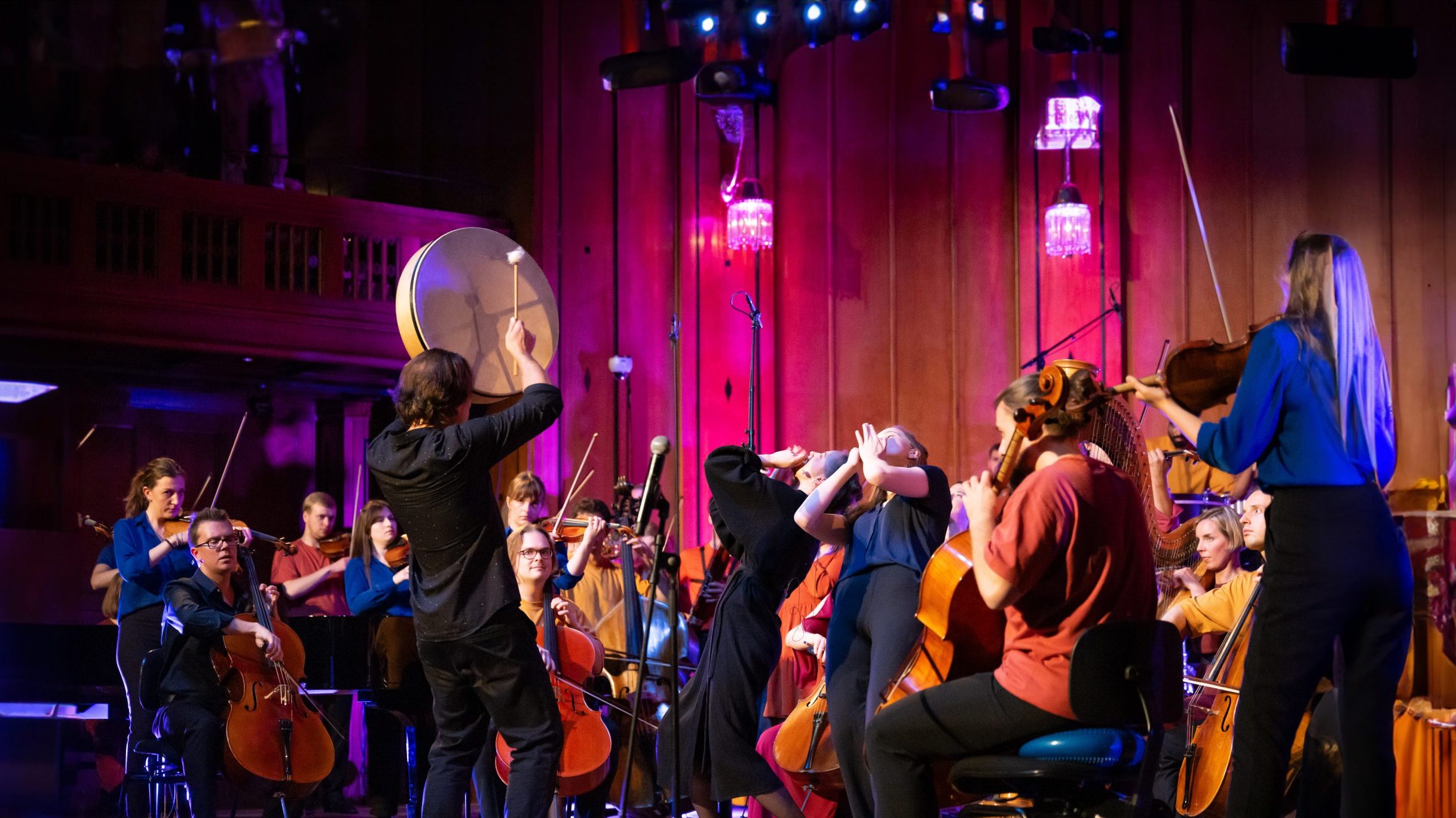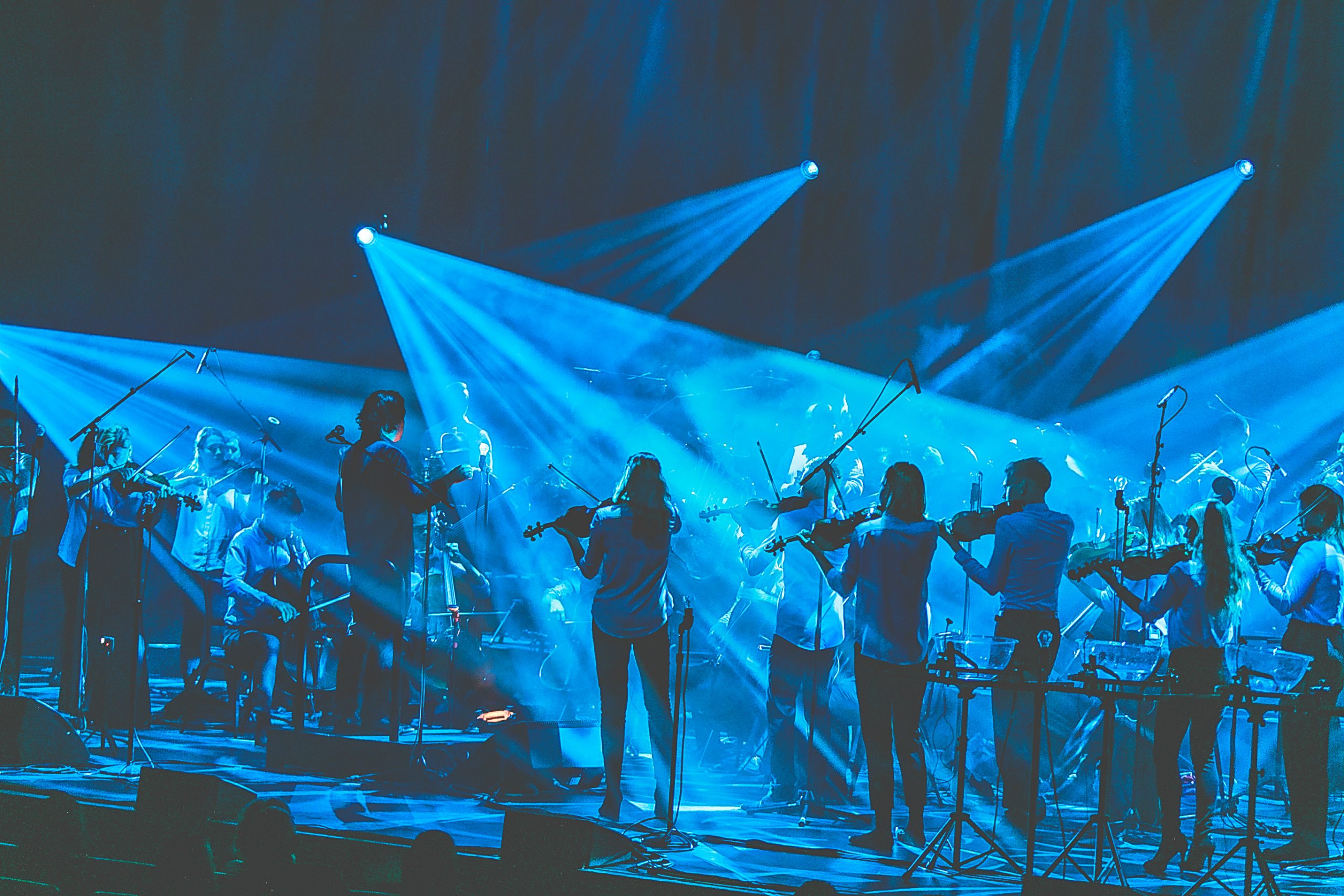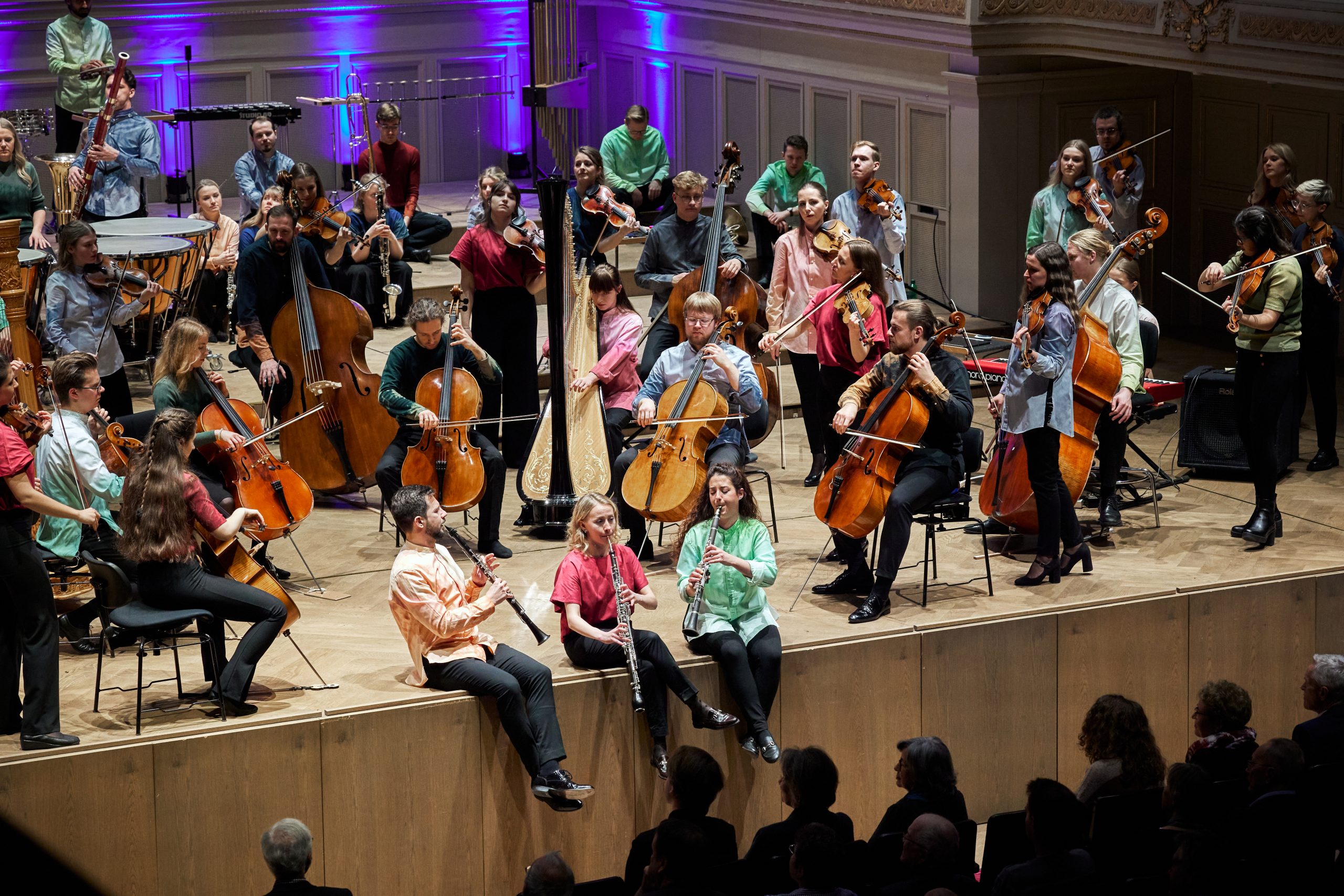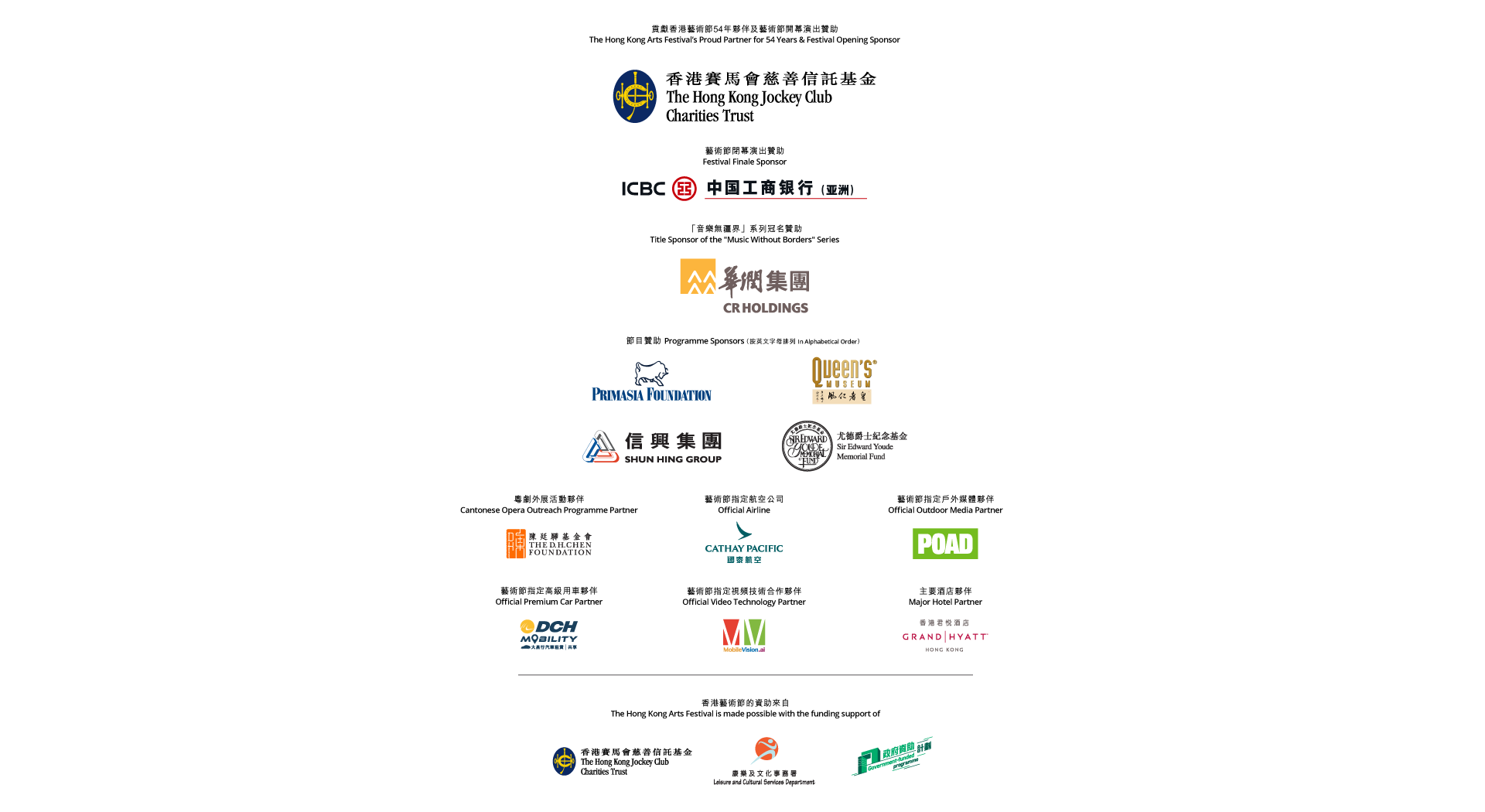The Baltic Sea Philharmonic is renowned for reinventing the idea of the orchestra and taking the concert experience into new dimensions, but its Bright & Black programme is unusual even for these radical musical explorers.
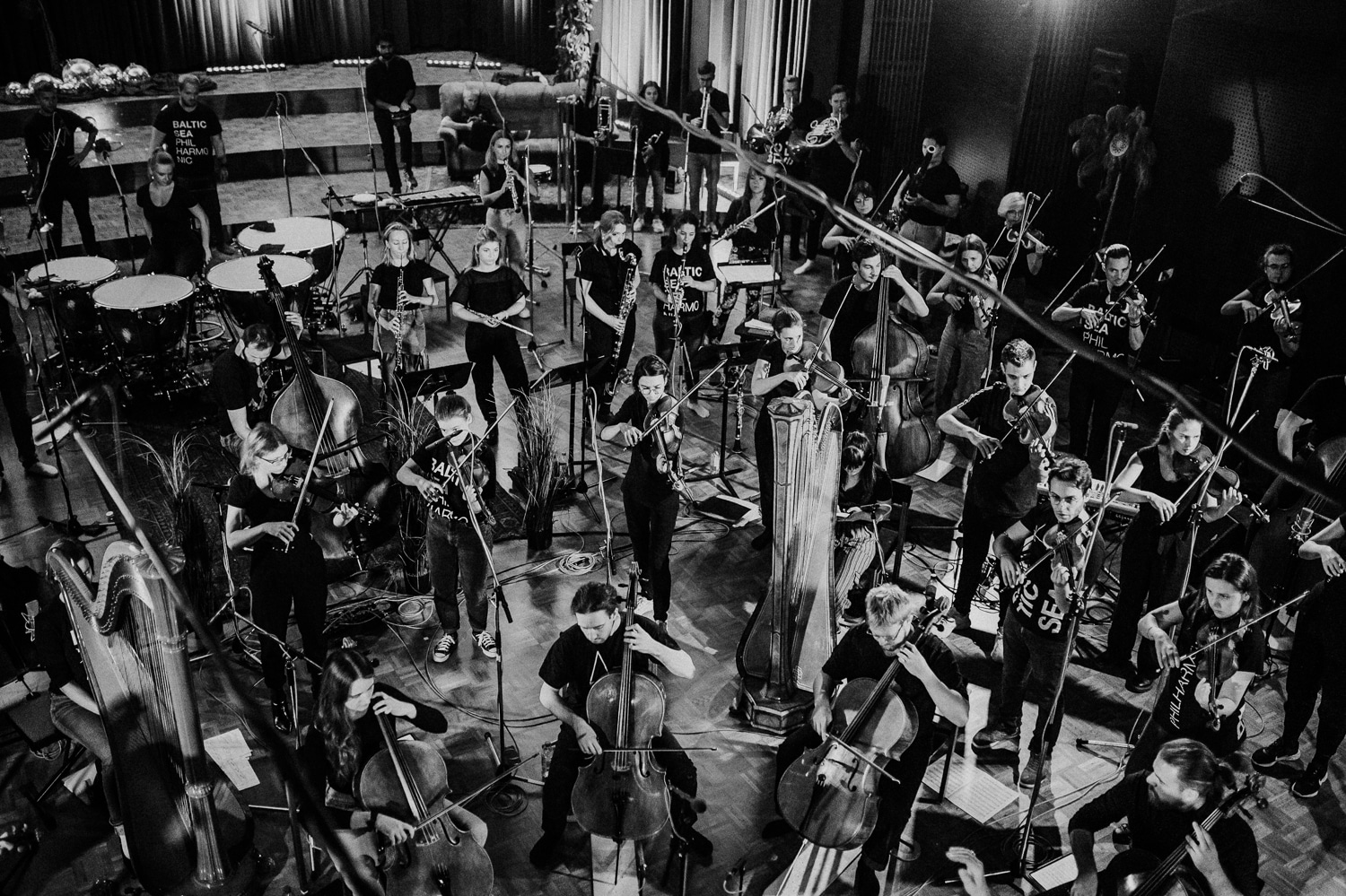
Led by Music Director and Founding Conductor Kristjan Järvi, the Baltic Sea Philharmonic has been described as more like a "flash mob" than an orchestra: the musicians play standing up and without sheet music, they are not afraid to improvise or move about the stage, and they exude the kind of irrepressible energy more commonly seen in rock bands.
"We're doing more or less the same thing as a regular orchestra, but really we are a band that plays orchestral instruments. We are kind of the antithesis of an orchestra because we have changed the ceremony completely … there's none of the coming out and bowing, and sitting and reading and acting important," Järvi tells FestMag.
Järvi draws a connection between the orchestra's mission and the philosophies of Hong Kong's favourite son Bruce Lee—such as his belief that by emptying the mind, we can become formless and shapeless like water. "This is why Bruce Lee is one of my biggest heroes and an example of what a true master of the self can do. He completely mastered his mind to become as small as possible, to allow the essence of the self to completely take over."

Järvi comes from a family of conductors—he is the younger son of conductor Neeme Järvi and brother of conductor Paavo Järvi—and says he has faced criticism over the Baltic Sea Philharmonic's unconventional approach even from his own family. But he is cut from a different cloth: "Whenever went to classical concerts, I always got this feeling like, this is very nice, but something's wrong. As a conductor, I always thought that I'm glad I'm doing something, because if I was sitting in the audience, I'd be bored to death."
Audience members are unlikely to be bored to death at Bright & Black, one of two programmes the Baltic Sea Philharmonic is presenting at the 52nd HKAF, as the high-intensity performance features orchestral versions of works created by members of Nordic metal bands (such as Watain and Entombed AD) and an exciting soloist in the form of Eicca Toppinen (cellist and founder of Finnish metal band Apocalyptica).
The original music created by these bands is loud, bleak, dark and extremely heavy and Järvi doesn't claim to be a metal fan. "But I like how I feel when I listen to it. And that's the most important thing, is that if it does something to you on the inside, you don't have to justify it to yourself."
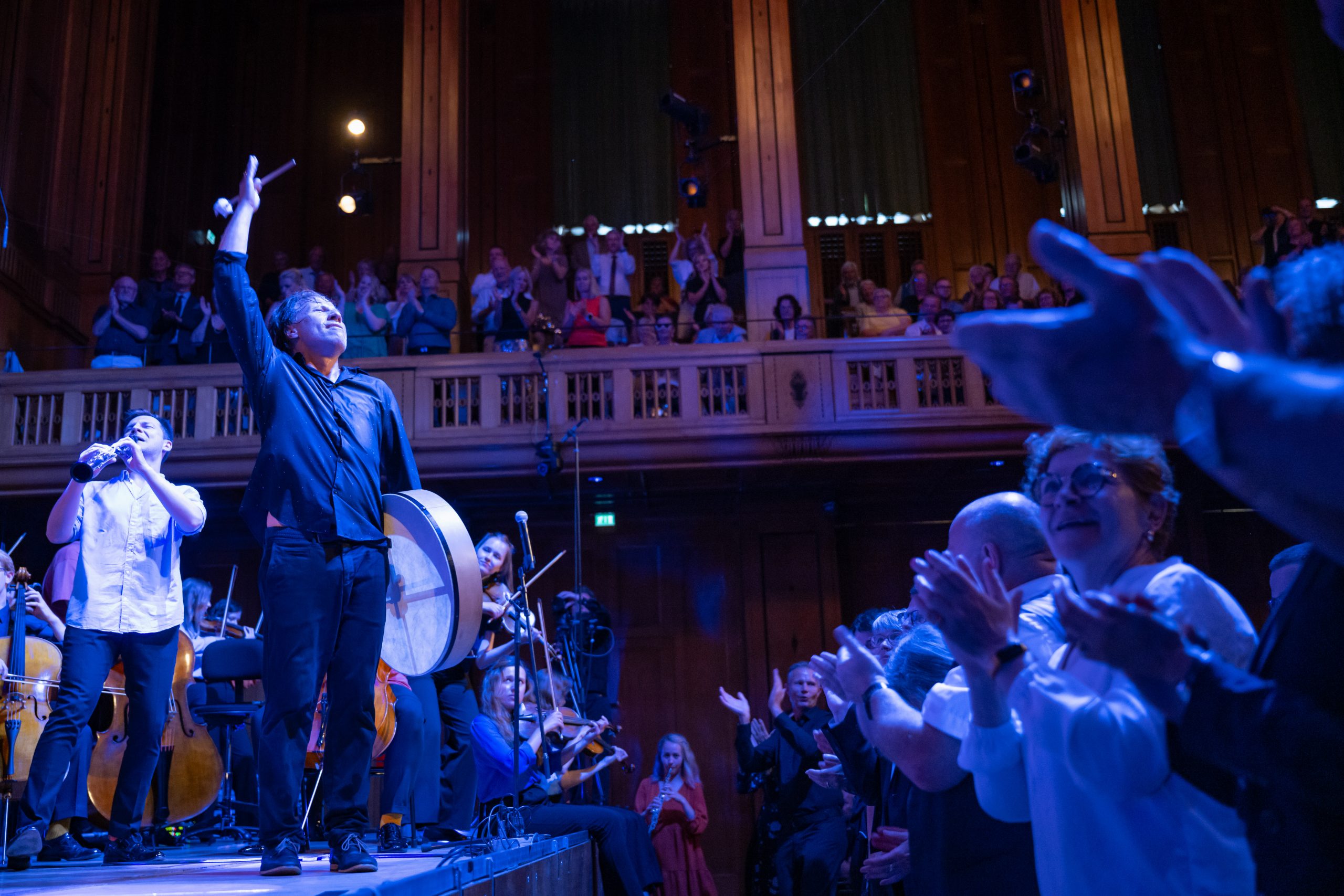
Bright & Black may be a radical concept for the Hong Kong classical music audience, but metal has more in common with classical music than many people may realise. And many metalheads have acknowledged being influenced by composers such as Beethoven, whose music has been described as "the heavy metal of the early 19th century".
"I love how we've been able to experiment and bring a completely different type of scope and spectrum of sound when we play this music with orchestral instruments, but retain the feeling of hope and anguish, despair and a certain expression which is similar to Beethoven or Wagner. We play it with a metal intent and it becomes music which soothes the soul but also shakes the soul," Järvi says.
This visionary ensemble has always operated under the principle that music can serve as a force for good and Järvi says that despite the dark origins of Bright & Black, the music is intended to connect people with their feelings. "Whether you do this through a kind of Max Richter softness or this place of complete anguish, you realise, 'Wait a second, that's me'," the conductor says.
"That's incredible when it happens to a hall full of people. It's the most incredible feeling that I've ever experienced. And this is what happens at a Baltic Sea Philharmonic concert."

Baltic Sea Philharmonic—Bright & Black
Date: 14 Mar 2024
Venue: Concert Hall, Hong Kong Cultural Centre
Details: https://www.hk.artsfestival.org/en/programme/Baltic_Sea_Philharmonic_Bright_&_Black?


